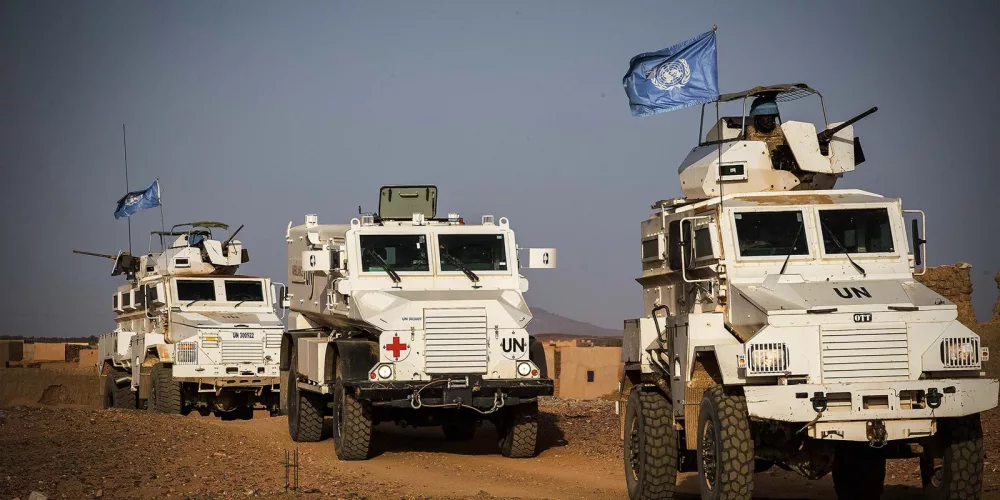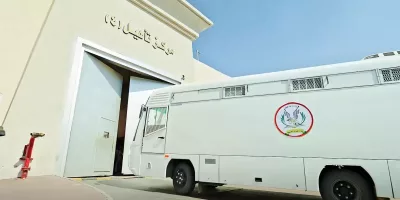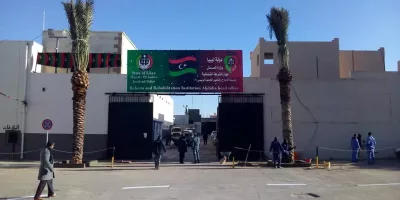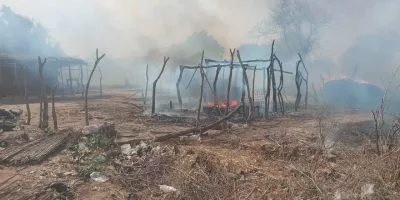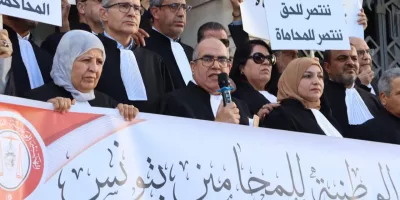Independent UN experts warned in a statement issued on Wednesday, 7 May 2025, the transitional government of Mali that the decision to suspend political party activities constitutes a serious violation of basic rights and democratic principles.
The Malian Council of Ministers had approved on 30 April a bill repealing essential guarantees for political participation, followed by a decree on 7 May suspending the activities of political parties “until further notice.”
The experts said: “This decree must be immediately repealed. If this bill becomes law, Mali will be in breach of its international obligations, particularly regarding freedom of assembly and expression.”
Despite the transitional authorities’ claim that these measures aim to curb the “proliferation of political parties,” the experts emphasized that legitimate electoral rules — such as setting registration conditions based on previous electoral performance — are sufficient tools for achieving this goal. They pointed out that the new bill would hinder political participation by imposing heavy financial requirements on party registration and candidacy.
The experts also expressed doubts about the integrity of the consultations on which the government relied, noting that the current climate — marked by repression against journalists and opposition figures — does not allow for genuine dialogue.
They added that the draft law includes controversial proposals, such as extending the term of the current head of state, General Assimi Goïta, for five years without elections — a move that contradicts prior commitments made by the Malian government.
The bill is expected to be discussed soon by the National Transitional Council. The experts urged the council to reject it and confirmed their readiness to assist the government in amending the text to align with international human rights standards.
Amid rising tensions, several political parties have called for new protests on 9 May, following alleged violent disruptions of their gatherings earlier this week. The experts reiterated that “peaceful assembly is a fundamental right that must be respected by the authorities.”

